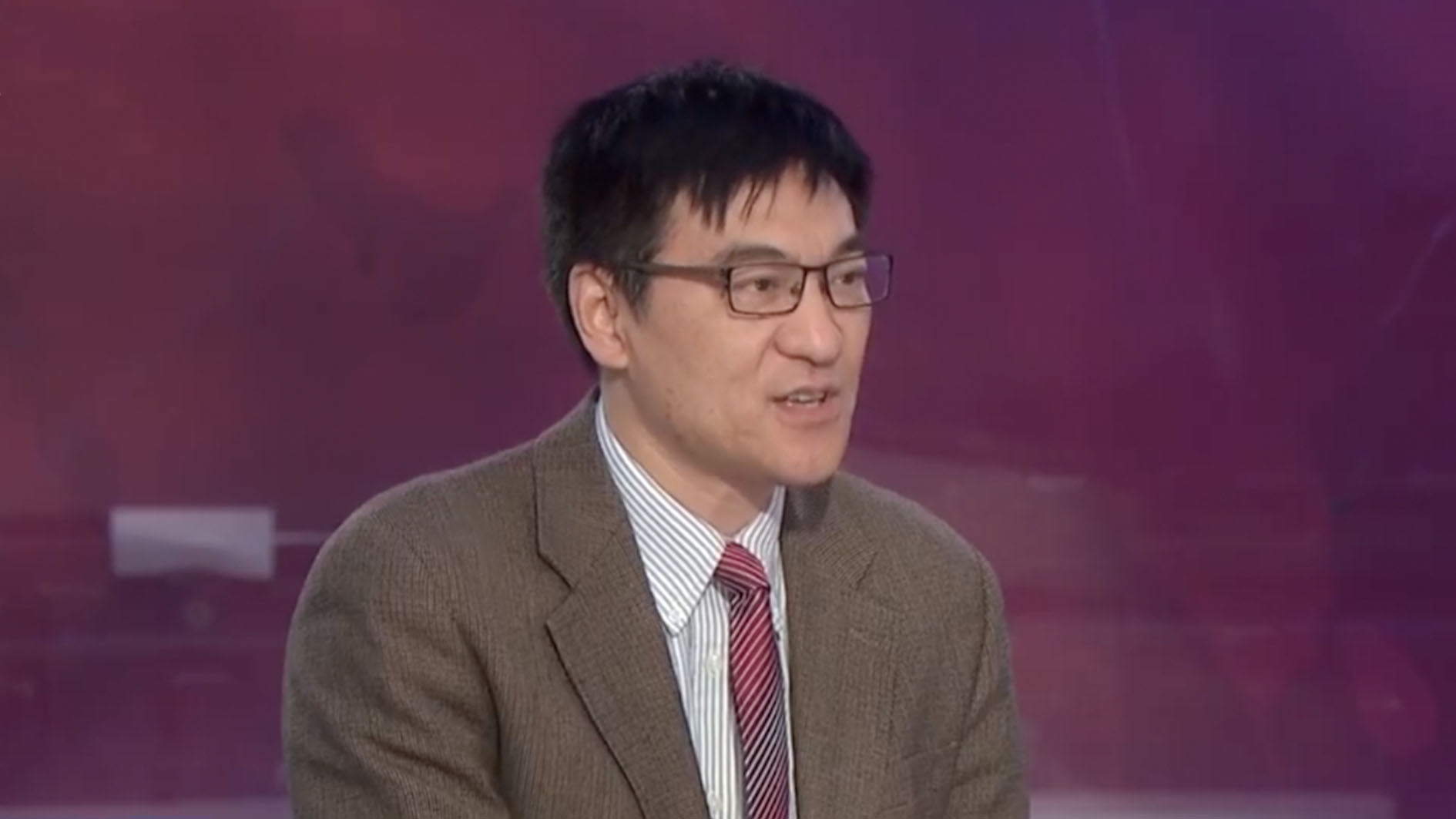
Economy
19:53, 22-Dec-2018
China to cut taxes among measures to boost economy
Updated
19:45, 25-Dec-2018
By Han Lin/ Feng Ran
04:47

At China's just-concluded annual Central Economic Work Conference, the top decision-makers released a report to show the direction of the country's economic development in 2019. Professor John Gong from the University of International Business and Economics breaks down the report, particularly on tax reductions and other measures to boost economic activity.
Gong said the introduction of the counter-cyclical policies means either that the government needs to boost the economy when it's slowing down too much, or cool down the economy when it's booming too fast. Now that the Chinese economy is facing a slowdown, the government needs more stimulus packages to boost demand.
John sees a reduction in taxes and fees as a long-term objective. Taxes are still high, which is not good for sustainable development and gaining competitiveness on the international stage, he said. At the early stage, much of the taxation was put into investment like infrastructure. Now the government has turned into service-oriented one that services business sectors and provides more social welfare.
How to balance the budget and tax reduction?
John said he is not concerned about the short-term figures, as China's debt level is quite low. He hopes the tax cuts can be a long-term policy to really benefit businesses and the public.

SITEMAP
Copyright © 2018 CGTN. Beijing ICP prepared NO.16065310-3
Copyright © 2018 CGTN. Beijing ICP prepared NO.16065310-3